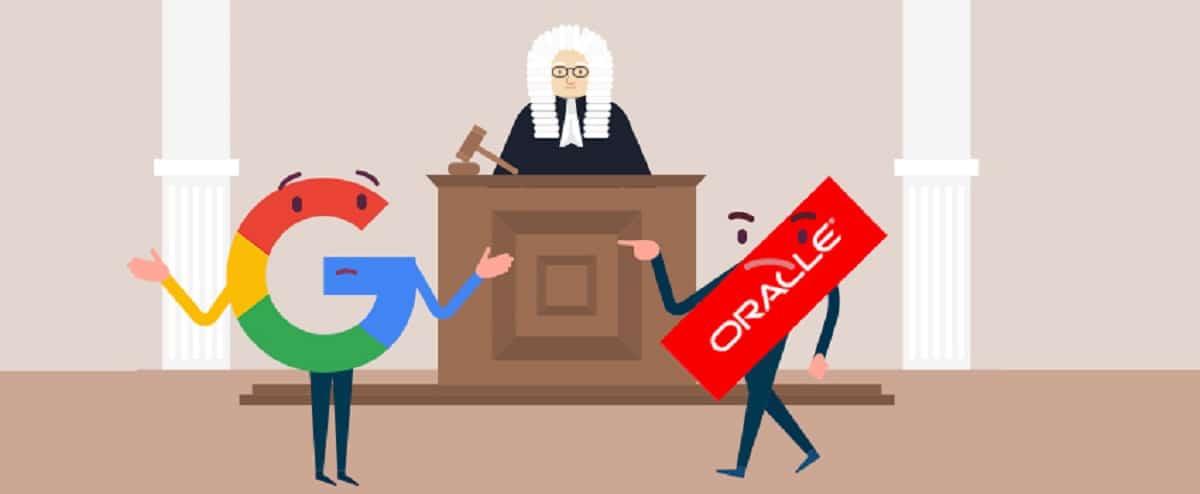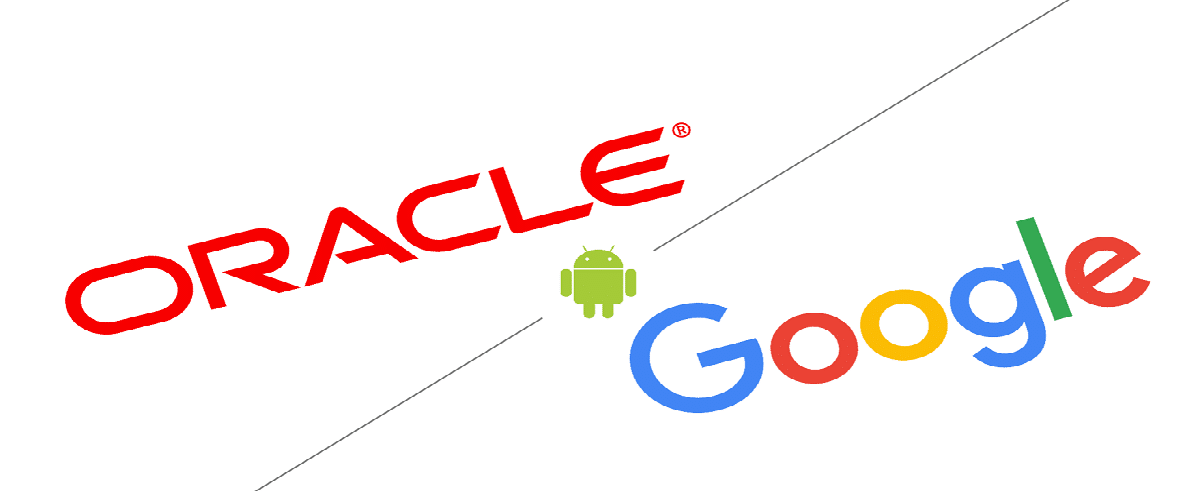
Last month cWe share here on the blog, the news about the new dispute that Oracle has reopened against Google on using the Java API on Android. In that article we made mention of the position that third parties have taken on the subject and the support they have expressed towards Google, since various companies and associations firmly believe that if the case occurs in favor of Oracle, this could be detrimental to innovation and that the use of APIs should be free to use.
Following the case, now Oracle claims that Google "committed a blatant act of plagiarism" by integrating Java support into Android without an official language license and has filed its case with the United States Supreme Court in settling a dispute over copyright issues with Google.
As a reminder, After buying Sun Microsystems and inheriting Java in 2010, Oracle filed a lawsuit against Google, upon discovering that the Mountain View giant has infringed on Java-related patents and copyrights.

Google had won two court decisions in lower courts, but Oracle overturned them on appeal and the latest court decision is in favor of Oracle. Google, which has always denied infringement charges, explaining that APIs should not be protected by copyright because they are necessary to write compatible programs, had no choice but to enter the United States Supreme Court as a last resort, which is performed last January.
Two months later, Oracle still asked the Supreme Court to reject Google's request in relation to this matter.
Google vs. Oracle is the latest iteration of the fight between two American software giants that has been going on for almost ten years and revolves around two fundamental questions: Can the building blocks of a language like Java be protected with copyright? And, if Yes, are you borrowing this code for interoperability purposes?
"No company will make the large investment necessary to launch a revolutionary work like Java SE, if this Court declares that a competitor can copy it precisely because it is attractive," says Oracle's argument.
Oracle also contends that a Google victory would affect the ability of the United States to do comply with copyright worldwide, because "we cannot credibly insist on strong protections abroad while abandoning those you have at home."
Last month, Several US companies, including Google's rivals, sided with the search giant online in the battle against Oracle before the Supreme Court. All of these technology companies agree that an Oracle victory would jeopardize innovation in the IT industry and only make it difficult to create interoperable software.
It is because of that IBM, Microsoft, Mozilla, Creative Commons, Open Source Initiative, Wikimedia Foundation, Software Freedom Conservancy y many other associations and companies acted as independent participants in the retrial of the Supreme Court between Google and Oracle related to the use of the Java API on the Android platform.
Oracle, on the other hand, believe these apprehensions don't have to be there, because if Google allowed Java developers to easily create Android applications, Java and Android applications are not fully compatible. And for all those who extol the virtues of interoperability, Oracle recalls that Google admitted to deliberately making Android incompatible with Java.
In summary Oracle explains why it believes APIs are subject to copyright protection: The Copyright Act covers "computer programs" and makes no exceptions for APIs or any other specific type of code
Finally, the case will be reviewed before the Supreme Court on March 24 ande expects the Supreme Court to make its decision in June. If you want to know more about it, you can check the following link.
Java the worst of Android.
I have always believed that android is broken in design and technology
How well the libreoffice folks have done in cleaning up the old openoffice code, removing almost all traces of java and moving everything to C.
Java sucks !!
The problem of java in android is the war that the 2 companies are bringing. Java has evolved a lot, and it could be used in android perfectly, but, we have kotlin that let you know how long it will last.